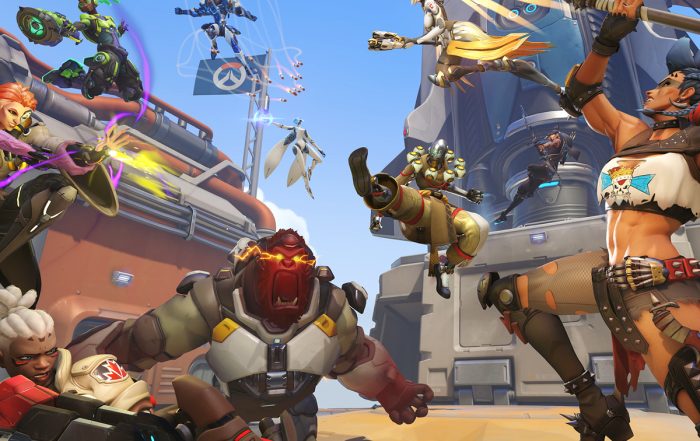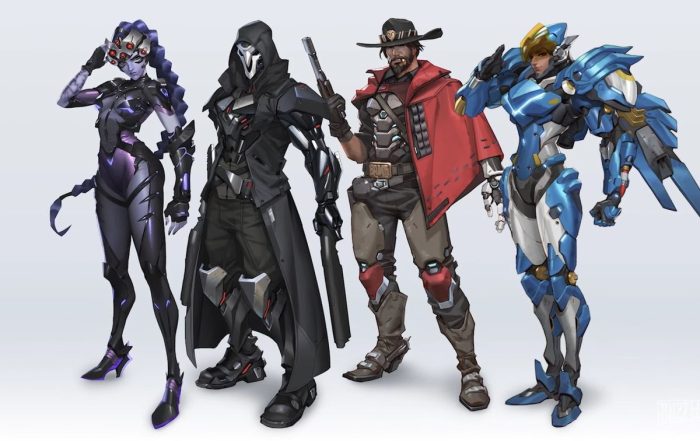Going From Player to Coach
“Going from player to coach is a huge step. Given recent changes in our lives, it’s far more difficult to be hands-on with newer players and coaches. This is especially challenging for those seeking more personal experience. Despite these issues, players continue to make the transition for various reasons.
At one point in time, coaches played well with a team as a player and likely made a good amount of money. With age, reaction times may slow, but the skills and knowledge remain. Such coaches still love the game, so seek out other ways of staying involved by creating content, working in social media, or coaching through different organizations and platforms. Pride and willpower can make it hard for a dedicated player to admit they can’t keep up anymore, but their experience and knowledge can benefit the gaming community more effectively in other ways, while keeping them in the game.
Another personal motivator for some going from player to coach is the need to spend more time at home to care for family. As much as scrim or practicing is important, I’m sure many of us can agree that family comes first. Scheduling is always a major problem for players as well, balancing down-time, dedicated playtime, work, family, and any other social endeavor. For that reason, in particular, focusing game time solely on coaching allows for a better structure and a more reliable system of trust and understanding between coach and player.
Besides the typical desire to gain more money from a large coaching role going from player to coach, there are many good coaches who truly wish to coach out of passion for their sport and team. This passion often involves travel to various high schools, colleges, organizations, or even club-like companies seeking to get the best of the best. Some players become coaches to support the place that helped them, returning to coach a new group of younger and less experienced players. The relationship between player and coach is one that few experience but is one that comes with a lot of honor and pride.
These are some reasons why players become coaches, from simply love of the game to a proper investment in their careers. Coaching comes with its own struggles and challenges, but there is nothing better than seeing the look on a kid’s face who get that win in the final.”
To become an esports coach, you need to have a deep understanding of the game you want to coach, study the professional players and strategies, practice giving feedback and leading a team, develop your own coaching style and philosophy, and be positive and kind in the community.
You may also need to get a degree in sports psychology or a related field, or go through a certification process5 depending on your game and level.
If you are interested in coaching esports, you should start by
- learning how to watch and think about the game strategically,
- asking the right questions to improve your analysis
- mastering the early game mechanics and tactics
- coaching your friends or lower ranked players for practice
- creating content to showcase your skills and knowledge
- networking with other coaches and players
- developing your own coaching philosophy and style
- and educating yourself on esports psychology, communication, leadership, etc.
At Esports Tower, we have a coaching academy that helps convert exceptional players into great coaches.
In Conclusion
If your child wants to take their game to the next level, Esports Tower is the place to do it. Esports Tower offers bi-weekly coaching sessions and weekly opportunities to play in a tournament setting, all for $5 a week… the same price as a fancy latte.
Other Resources:
Building Your Game Plan – A Roadmap For WINNING MORE in Esports



Get Social